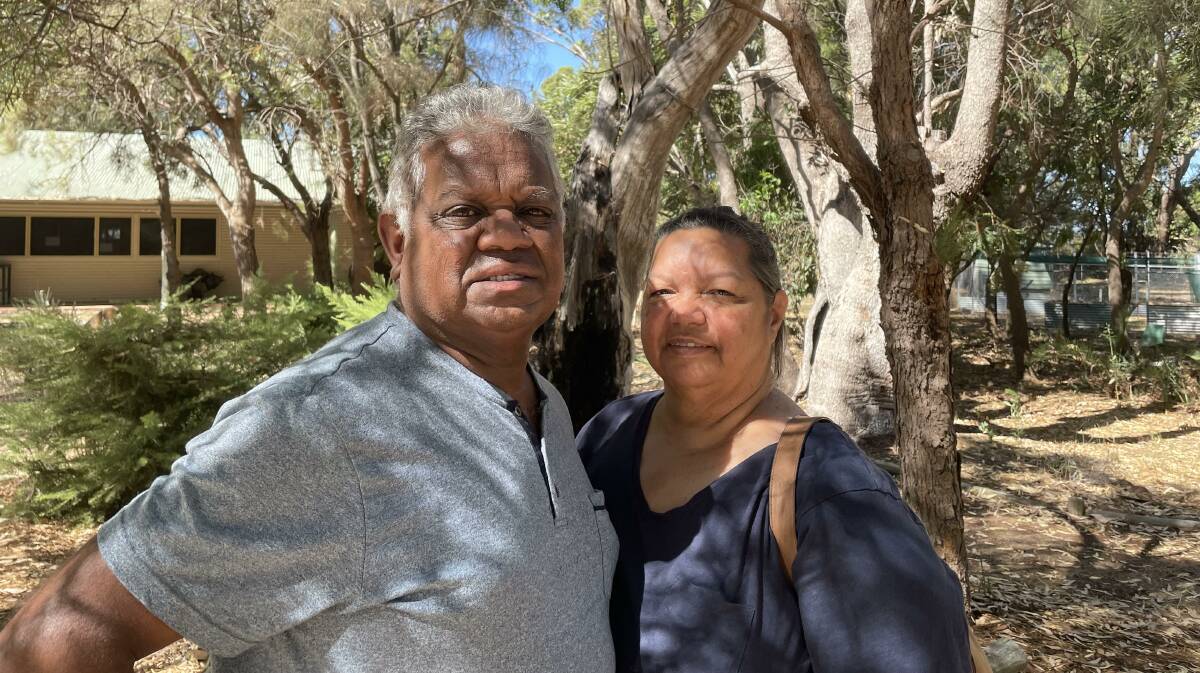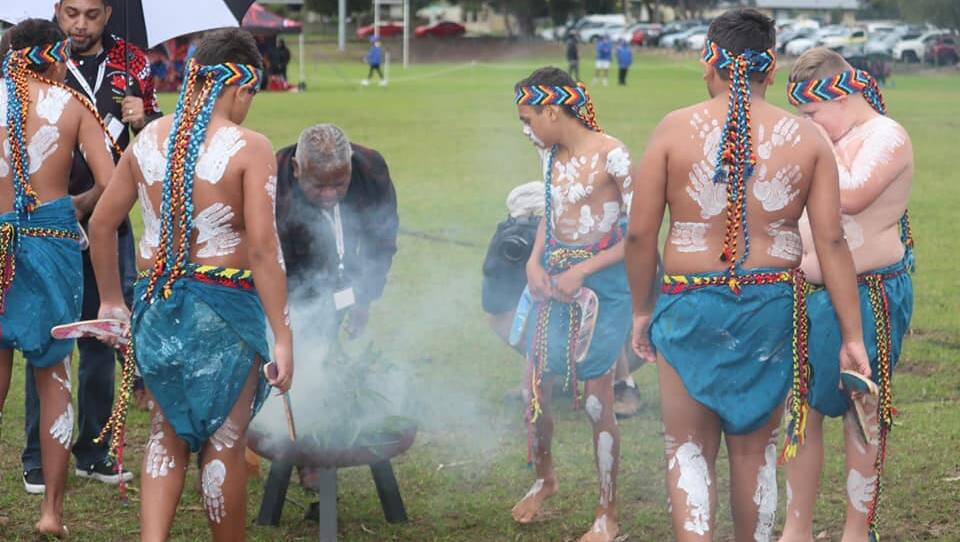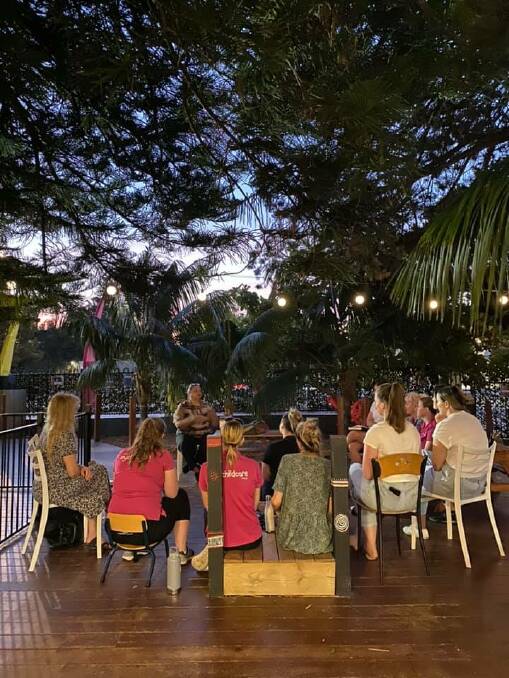
Nyoongar woman Kerry Stack wants to know, "why does it have to be so hard?"
Create a free account to read this article
or signup to continue reading
She and her husband, Nyoongar man Trevor Stack, are owners of Goolamwiin, an Indigenous business in Binjareb Country (Mandurah).
Their are sharing their stories in the hopes of educating the WA workforce about Nyoongar culture and how to respect Indigenous people in the workplace.
"For a long time, we weren't allowed to be here. Policies of the day tried to wipe out our race. We grew up learning that nobody wanted you here, nobody wanted your parents here. That trauma is ingrained in our life," Ms Stack said, giving perspective to the systemic racism and discrimination Indigenous people endure in the workplace on a day to day basis.
A 2020 survey from the Jumbunna Institute of Indigenous Education and Research and Diversity Council Australia of over 1,000 Indigenous people in the workforce, revealed that 28% of respondents worked in a culturally unsafe environment.

After listening to Ms Stack's story, this figure is hardly surprising.
"People say, 'you only got that job because you're Aboriginal. You don't know what you're doing', and that's true because I've experienced that," she said.
For Indigenous people, getting a foot in the door is only the first of many hurdles to becoming employed in mainstream jobs.
"I've got a diploma of business management for community services, but the only jobs I've ever done are 50D jobs. I was never able to get into mainstream," Ms Stack said. A 50D job, according to the Equal Opportunity Act 1984, is a position where 'Aboriginality is a genuine occupation requirement'.
Positions specifically hiring Indigenous workers are band-aids, but not solutions, Ms Stack said.
"I don't like to think it's because I'm black, but when you apply to a job and get knocked back, it must be something else, because it's not your qualifications. You start questioning yourself."
Mr Stack added, "There isn't enough opportunity. If we do get into a 50D position, where's the pathway out of that? Our kids have taken a lot of traineeships, but after that, that's it, they're back on the dole. The money needs to stay there."
When an Indigenous person is hired, they usually enter a workforce that isn't culturally aware, and are forced to shoulder the burden of educating their colleague, he said.
Goolamwiin encourages employers to be proactive and seek out cultural education, even if an Indigenous employee isn't about to come on board.
"I'd always run a cultural awareness training for all new staff that came into the region. People would say, 'I did that in university, I don't need to do that.' And I'd say, 'until you hear it from another Aboriginal person whose lived it and breathed it, you're not going to understand it," Ms Stack said.
A 2020 study, published in the Journal of Australian Indigenous Issues, found that 75% of Australians have an unconscious bias against Aboriginal and Torres Strait Islander peoples.
"It's that indirect racism. Some people don't even think they're being disrespectful," Ms Stack said.

UNDERSTANDING: Cultural supervision training for workplaces gives employees an oppotunity to hear Kerry's story, walk in her shoes, and understand how to respect Indigenous people. Photo: Goolamwiin Facebook Page.
One example Ms Stack gave of indirect racism is making eye contact in the workplace. To non-indigenous people, eye contact is considered professional and respectful. To Indigenous people, eye contact is associated with hundreds of years of inter generational trauma.
"There was that fear that white people were always superior to us so you'd never look a white person in the eye. Non-indigenous people don't understand that it's been ingrained for years and years. It was only as I grew up that I had to teach myself to be sitting here, looking you in the eye today," Ms Stack said.
Understanding that trauma, "goes a long way in providing cultural safety, respect and security for that person in your workplace".
She added that differences in language and dialect were another common area of ignorance in the workplace.
"We speak our Nyoongar dialect, so our pronunciation of words is different. We've got the Nyoongar world, the regular world, and then there's in the middle. We've got to make these people understand us, as well as making sure we're not being disrespectful to our mob here too. It's a matter of recognising that in the workplace."
Having a cultural resource for Indigenous people to seek support and non-Indigenous people to seek education, was key to shifting ignorance to understanding and respect.
"It's having that resource, whether that's a reference group that workplaces have, or a reference group in town. Winjan Aboriginal Corporation here is a reference centre in this community. If people are unsure of where to go or what to do in Binjarab country, come down and talk to Trevor who works here or talk to elders that come here. We need to utilise these places more," Ms Stack said.
"Start a conversation. We are no different, we just want to be respected, acknowledged that we're here. We're very proud people, but we weren't allowed to be proud before," she finished.
For Indigenous people seeking support and connection, Goolamwiin provides mentoring programs and cultural camps. For non-indigenous individuals and workplaces wanting to learn from Indigenous people of how to create a safe workspace, Goolamwiin runs cultural supervision and cultural awareness training. To enquire, visit https://www.goolamwiin.com.au/ .

